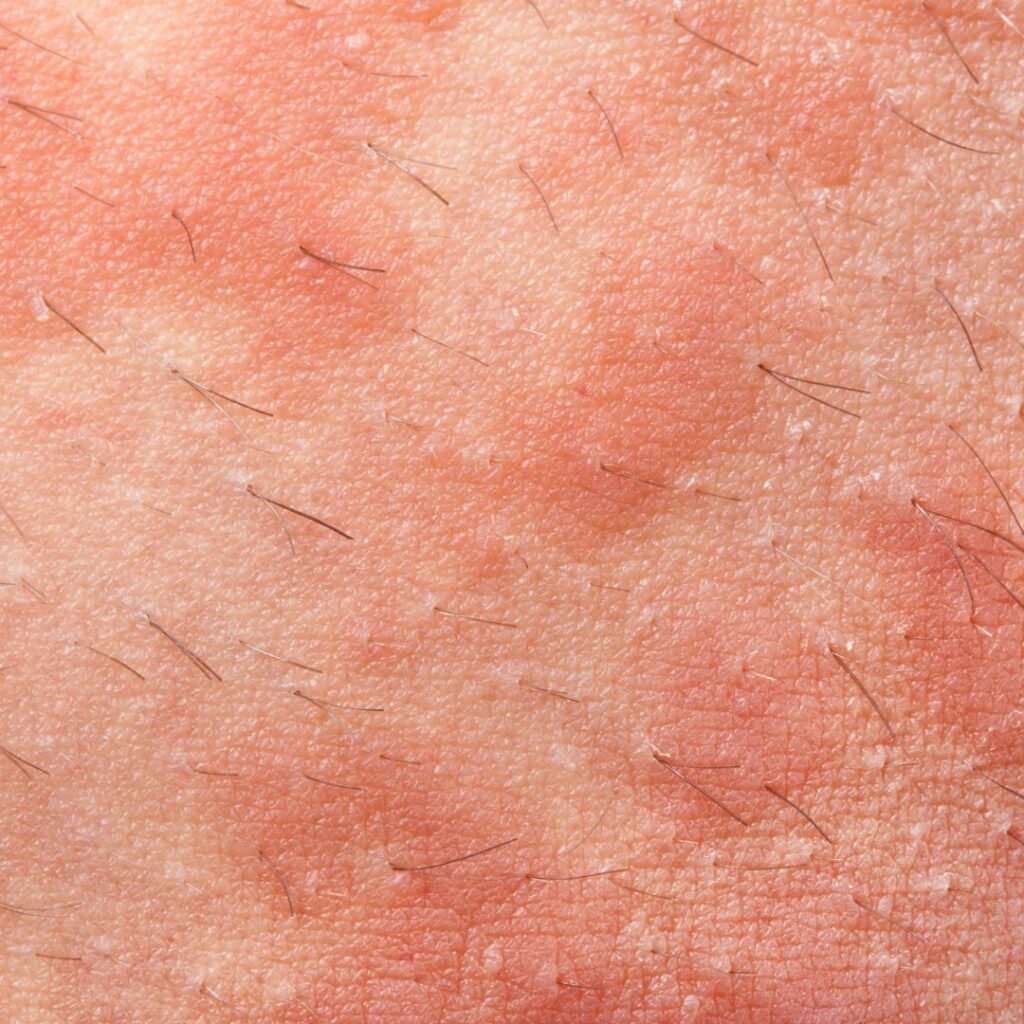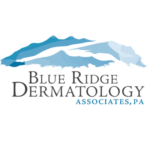Eczema
Eczema, also known as atopic dermatitis, is a chronic skin condition that causes inflammation, itching, and dryness of the skin. It often appears as red, scaly patches and can be triggered by several factors, such as stress, allergens, or irritants.
We Treat Eczema in Teens Adults Men Women
Eczema in the US
Eczema is a general term that is used to describe inflammation of the skin. Eczema has become a very well-known skin condition, with an estimated 35 million Americans suffering from some form of eczema. The condition tends to affect children more so than adults, with 70% of cases beginning in children below the age of 5 years old. Although eczema does tend to clear up in children, it does affect adults as well, with around 1-3% of the adult population living with the skin condition.
Eczema by the Numbers
In the US, approximately
Affects almost
Board-Certified Providers
All Our Providers are Board-Certified and State-Licensed Medical Professionals.
Unmatched Expertise
Our Providers Have Years of Experience Diagnosing and Treating Skin Conditions.
Comprehensive Care
We Provide Medical Dermatology, Cosmetic Dermatology, and Aesthetic Services.
Qualified
Staff
Our Staff Is Ready to Help You and Your Family With All of Your Dermatological Needs.
Expert Dermatology Care for the Entire Family
Eczema Symptoms

Eczema is most recognizable by red, scaly patches on the skin. You may have noticed it on yourself or on the face of your child, specifically the cheeks and chin. However, there are many different types of eczema that come with their own signs and symptoms. The most common types of eczema are contact dermatitis, nummular dermatitis, seborrheic dermatitis, stasis dermatitis, and in children, atopic dermatitis.
Eczema can come in many shapes and sizes. A few of the most common eczema symptoms are as follows: Inflammation of the skin, red or dark-colored patches on the skin, dry skin, sensitive skin, severe itching, Scaly, rough patches of skin, swelling of the skin, and oozing or crusting.
Eczema can affect everyone differently. If you have been battling a few or all of the symptoms above, you may be suffering from eczema. In order to confirm this, it is recommended to make an appointment with a skin specialist, such as Blue Ridge Dermatology.
Common Types of Eczema
Contact Dermatitis
When you come into an interaction with an allergen that causes a skin reaction, this is known as contact dermatitis. The three main types of contact dermatitis are irritant contact dermatitis, caused by the skin touching a substance such as a chemical; allergic contact dermatitis, which may take a few days for symptoms to develop; and contact urticaria, also known as hives.
Nummular Dermatitis
Nummular Dermatitis tends to appear on the skin in a reddened round or oval shape. It is most commonly caused by an abrasion to the skin, a bite, or a burn. This type of eczema is most common in men ages 55-65.
Seborrheic Dermatitis
Seborrheic Dermatitis is a chronic form of eczema with no known cause. If you are suffering from seborrheic dermatitis, hormones, and genetics may be to blame. Seborrheic dermatitis may be triggered by stress, hormonal changes, weather changes (cold, dry temperatures), and certain detergents or chemicals. Most often, this type of eczema appears around high oil-producing areas such as the scalp, face, and back.
Stasis Dermatitis
This type of eczema tends to occur around veins on the lower extremities, such as legs and feet. It is caused by the veins causing pressure under the skin, which results in swelling, itching, redness, and scaling of the skin.
Infant and Toddler Eczema
Eczema in babies and toddlers is a common skin condition, with the most common strand being atopic dermatitis. It tends to appear between the age of 6 months and 5 years. In babies, eczema normally appears on their faces. As they age, it can occur around other areas such as elbows, knees, wrists, ankles, and hands. If you suspect your child is experiencing eczema, please contact our office for further diagnosis.
Eczema Treatments
There is no cure for eczema, but a variety of treatments can help manage symptoms and prevent flare-ups. These treatments can include:
- Topical Treatments:
- Moisturizers: Keeping the skin hydrated is an essential part of managing eczema. Thick, oil-based moisturizers are often recommended. They should be applied daily and immediately after bathing to lock in moisture.
- Topical corticosteroids: These topical creams and ointments can help reduce inflammation during flare-ups. They come in various strengths and are often prescribed based on the severity of the symptoms.
- Topical calcineurin inhibitors (TCIs): These medications are used for inflammation and are often prescribed when other treatments aren’t effective or suitable. Examples include tacrolimus (Protopic) and pimecrolimus (Elidel).
- Topical PDE4 inhibitors: Eucrisa (crisaborole) is a nonsteroidal cream that can be used to treat mild to moderate eczema.

Expert Dermatology Care for the Entire Family

Eczema Treatments Continued
2. Medications:
- Antihistamines: These can help reduce itching, especially at night.
- Oral corticosteroids: In severe cases, oral corticosteroids such as prednisone may be prescribed, but they are usually used for a short period due to potential side effects.
- Dupilumab (Dupixent): This is a biological drug that can be used for moderate to severe cases of eczema that aren’t well controlled with topical therapies. It works by targeting a type of protein that contributes to inflammation.
3. Phototherapy: Light therapy involves exposing the skin to ultraviolet light under medical supervision. This method can be effective for some people when other treatments haven’t worked.
4. Lifestyle and Home Remedies:
- Avoiding triggers: Common triggers can include certain soaps or detergents, stress, and allergens like dust mites or pet dander.
- Maintaining a bathing routine: It’s typically recommended to take short, lukewarm baths or showers and apply moisturizer immediately after.
- Wearing soft, breathable fabrics: Clothes made from materials like cotton can help prevent skin irritation.
At Blue Ridge Dermatology, our medical providers can help determine the best treatment strategy based on an individual’s age, overall health, and severity of the condition. It’s important to remember that what works for one person might not work for another, and it may take some trial and error to find the most effective treatment.
Don't Suffer Any Longer
If you believe you are experiencing eczema, contact our office today to schedule a consultation. Our experienced team of dermatologists will examine your skin and determine what type of skin condition you are suffering from and recommend a treatment plan.
Subscribe To Our Newsletter
Stay in touch with us to get latest news and special offers.
Raleigh
4225 Macon Pond Rd, Suite 300, Raleigh, NC 27607
Cary
1110 SE Cary Pkwy, Suite 100, Cary, NC 27518


